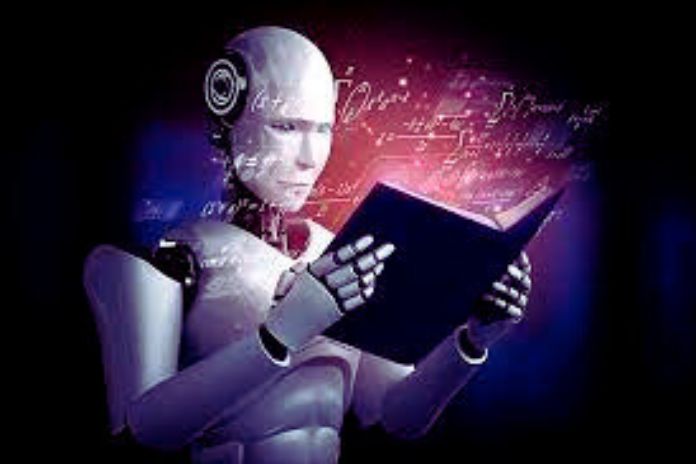Limitations Of Artificial Intelligence
Training Data Dependency
The effectiveness of Artificial Intelligence depends heavily on the training data provided. For an AI system to function correctly, it needs to be fed a significant amount of relevant data.
This means that if training data is incomplete, biased, or mislabeled, AI performance can be negatively affected. Therefore, the quality of training data is a crucial factor to consider when implementing AI.
Complexity And Interpretability Of AI Models
AI models can be highly complex, making it difficult to understand how they make decisions or predictions. This lack of interpretability can be a significant obstacle when using AI in specific sectors, such as healthcare, where it is critical to understand the system’s decision-making process. Furthermore, the complexity of models can also make it difficult to detect hidden biases or discriminations.
Limited Extrapolation
Another limitation of AI is its limited ability to extrapolate to situations outside the scope of the training data. This means that even if an AI model has been trained with a comprehensive data set, it may need help to handle novel or unforeseen scenarios. AI is most effective when faced with problems similar to those explored during training.
Disadvantages Of Artificial Intelligence In The Workplace
Job Replacement
One of the biggest concerns with adopting artificial intelligence in the workplace is the replacement of human jobs. Many repetitive and low-complexity tasks can be easily performed by AI systems, which can result in a reduction in the number of employees needed to carry out these activities. This can lead to unemployment and greater social inequality.
Biases And Discrimination
Training data power AI and this data often reflects existing biases in society. This can result in AI systems that reproduce and accentuate already present prejudices and discrimination. For example, recruitment algorithms that are trained based on historical data can perpetuate gender, age or racial inequalities, resulting in unfair selection processes.
Loss Of Control And Privacy
Introducing AI into the workplace raises questions about data control and privacy. AI systems can collect large volumes of personal information, which can result in privacy concerns and misuse of this data. Furthermore, the automation of specific tasks can lead to a loss of control on the part of individuals, as algorithms make decisions without human intervention.
Artificial Intelligence – Disadvantages And Limitations Of AI
When considering the limitations and disadvantages of artificial intelligence, it is essential to balance the application of emerging technologies and the protection of human rights and interests. While AI offers innovative opportunities and effective solutions for various areas, we must know the constraints and challenges involved.
It is essential to invest in research and development to overcome the limitations of AI, improve the interpretability of models and eliminate discrimination and biases in systems. Furthermore, appropriate policies and regulations must be established to control the responsible and ethical use of AI while protecting privacy and individual rights.
Therefore, a joint effort by professionals, experts and governments is necessary to address the disadvantages and limitations of artificial intelligence, aiming to build a future where AI is used consciously and beneficially for society as a whole.
Social And Ethical Impacts Of Artificial Intelligence
The application of artificial intelligence (AI) has a significant impact on both society and the ethical aspects of our daily lives. While AI has the potential to bring advances and improvements in many areas, there are also social and ethical issues that must be carefully considered. Here are some of the main impacts of AI:
Job Automation
Artificial intelligence is transforming the job market, automating tasks previously performed by humans. While this can increase efficiency and reduce costs, it can also result in the loss of jobs for many people. Retraining and reskilling strategies must be in place to ensure that individuals affected by automation are not left behind.
Social Inequality
Implementing AI could worsen social inequality, as not everyone will have equal access to advanced technologies. Those already in a position of technological advantage will benefit even more, while those who need access or knowledge may be left behind. This can create a digital divide and deepen the gap between the haves and the have-nots.
Privacy And Data Security
AI can collect and process large amounts of data, which raises concerns about the privacy and security of personal information. As more data is collected and analyzed to feed AI algorithms, it is essential to ensure that information is protected from misuse, privacy breaches and cyberattacks.
Discrimination And Bias
AI systems are trained based on historical data, which can often be biased and reflect existing social inequalities. AI algorithms can perpetuate these biases and discriminations, making unfair and unequal decisions. It is crucial to ensure that AI systems are developed and trained impartially and that measures are implemented to mitigate bias.
Also Read: 7 Major Advantages Of AI In Marketing Your Company

